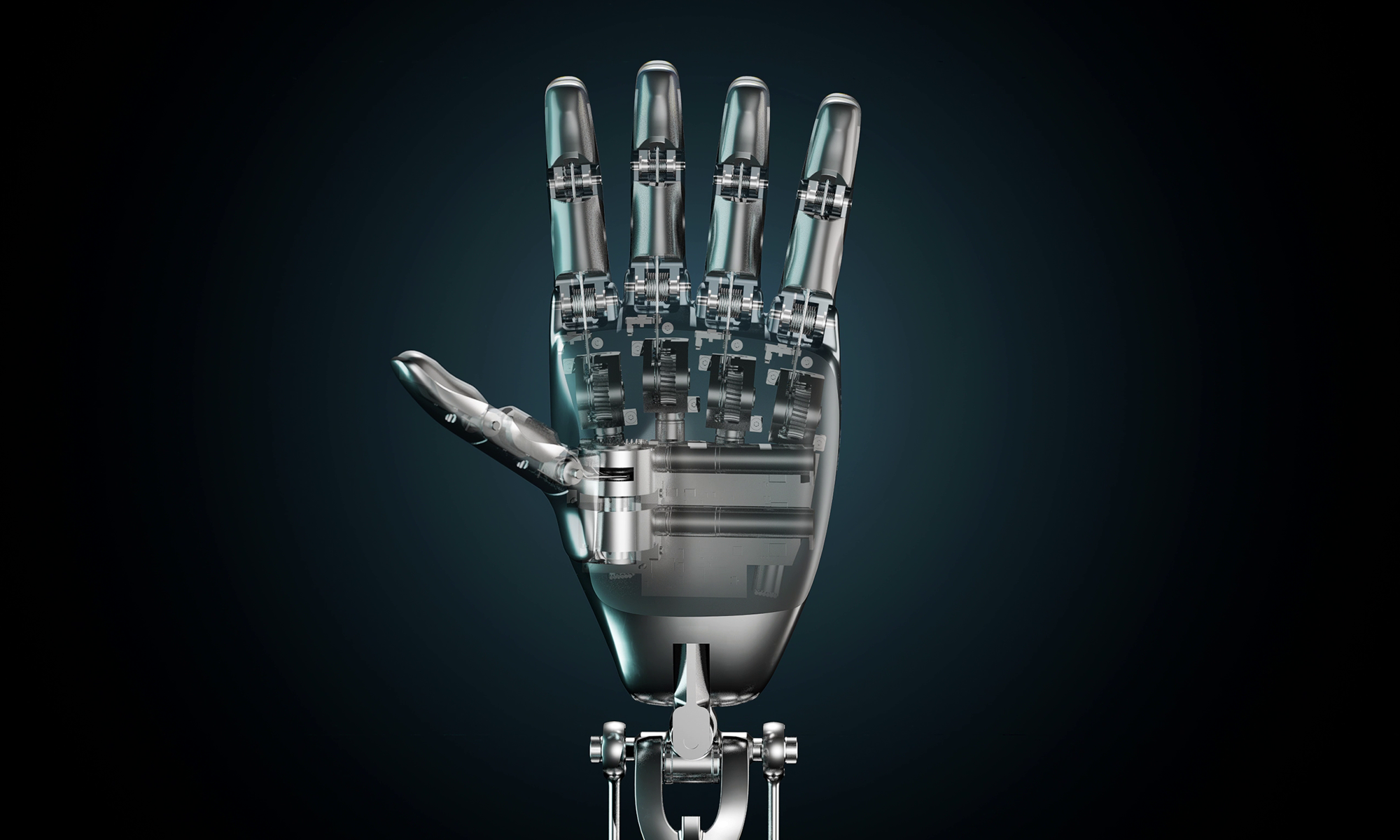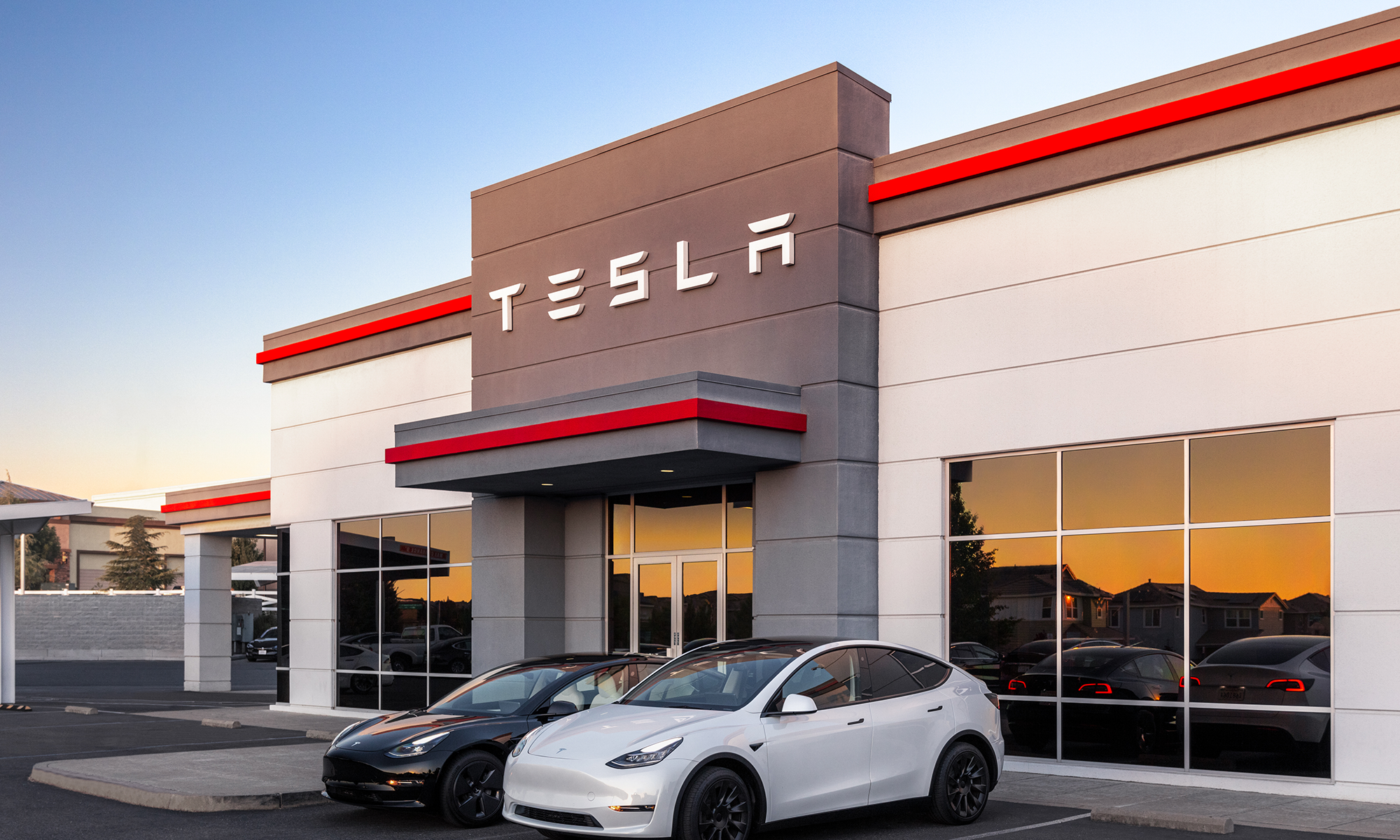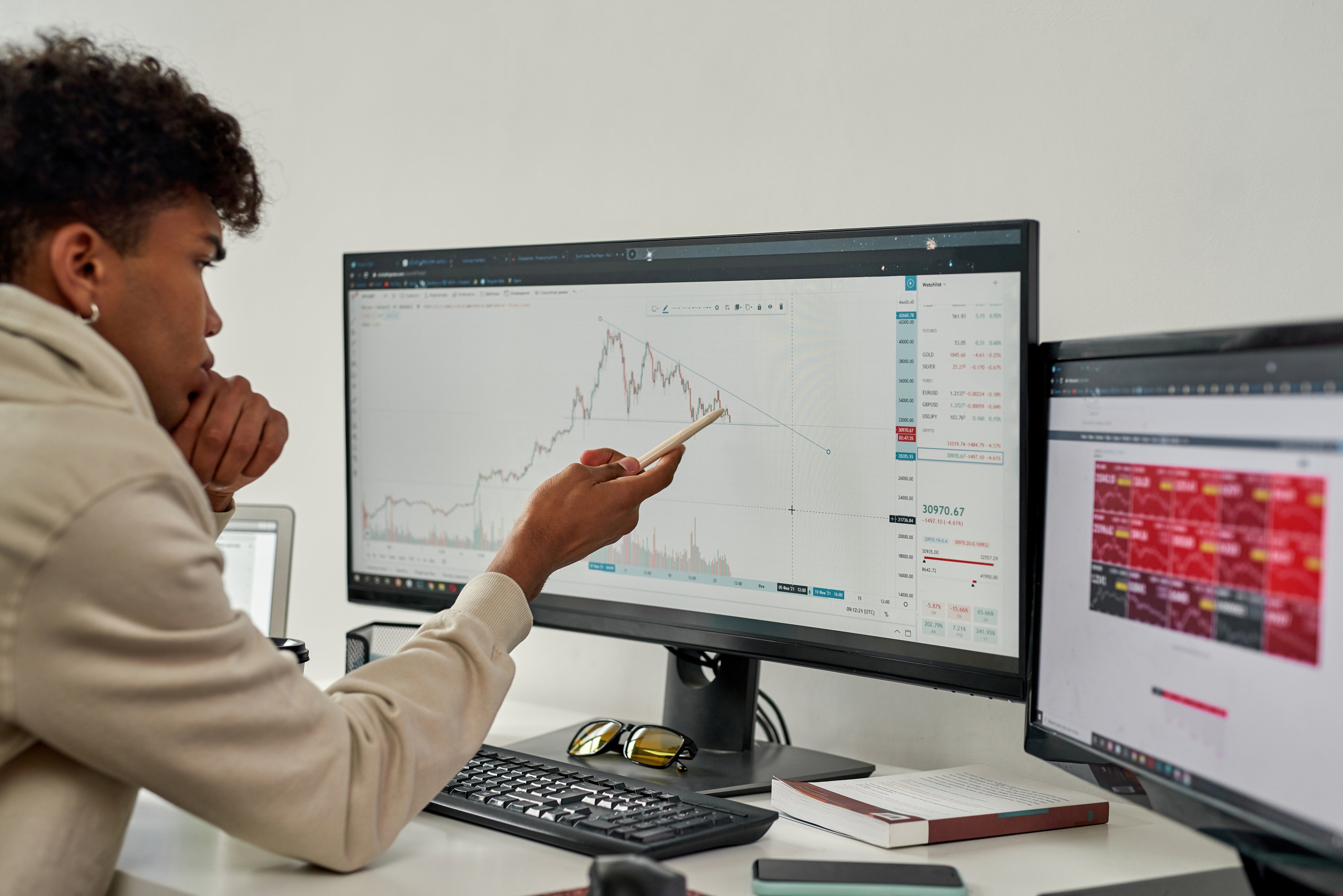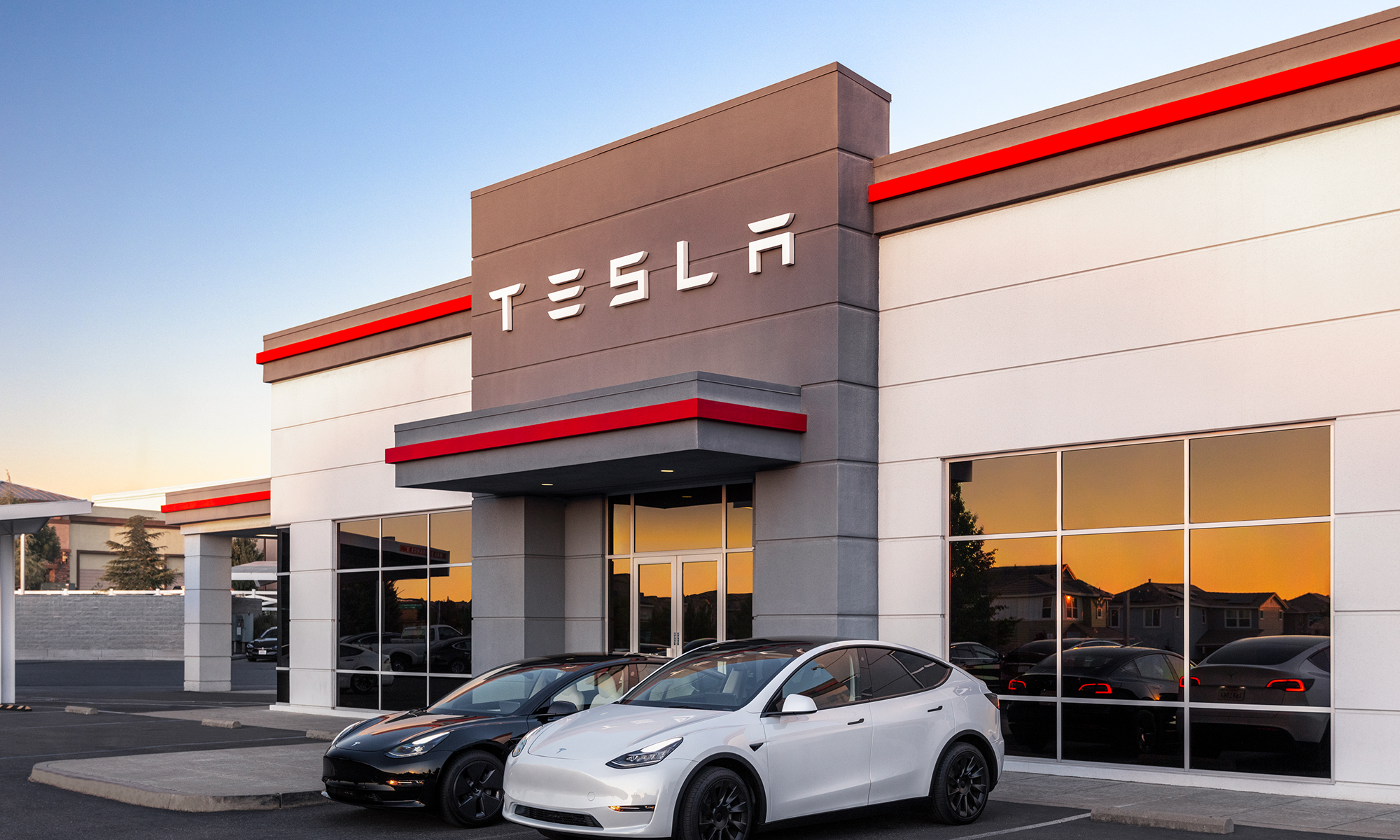Tesla (TSLA 0.62%) investors are used to volatility. The stock's rise over the last decade has had its ups and downs, but shareholders of the company have been on a particularly wild ride over the last eight months.
With all that's happening for the company -- a robotaxi launch, declining global sales, and more -- the upcoming earnings call on July 23 is going to be watched even more closely than Tesla earnings normally are. Given all the attention, is now the time to buy?
Tesla's core business is under threat
While so much of the hype surrounding Tesla is focused on the futuristic technologies it's developing, it's critical for investors to evaluate the company for what it is today: an electric vehicle (EV) maker. Yes, investing is absolutely about the future, but you have to keep your feet firmly planted in the present reality. Understanding how the company delivers on its shorter-term goals is critical to evaluating its ability to deliver on its long-term vision.

NASDAQ: TSLA
Key Data Points
In many ways, Tesla's EV business is impressive. It is by far the most successful domestic EV maker, delivering significant profitability while competitors like Rivian and Lucid continue to operate deep in the red. And when compared to legacy automakers like Ford and General Motors, Tesla's margins are incredible. Despite having roughly half the top-line of these companies in 2024, Tesla's net income was higher than both.
As impressive as this is, all is not well for Tesla's core business. The company's sales are plummeting, and so too are its margins as it faces rising manufacturing costs and adjusts prices, first down in an attempt to boost sales and then up in order to counter the impacts of President Donald Trump's tariffs. These adjustments have come after the company's last reporting period, so we'll have to wait until this summer to understand their impacts, but the company's first-quarter report showed its earnings fall over 70% year over year. That's quite a decline.
CEO Elon Musk's public profile is affecting the business
The first quarter saw a 25% sequential revenue decline, and Q2 deliveries were down 13% year over year. Reports from specific markets show Tesla sales falling off a cliff while overall EV sales gain.
So why are sales plummeting? The company claims it has to do with delays introduced by the revamp of its popular Model Y SUV as Tesla overhauled manufacturing to focus on its launch. While this may have had some effect, I think it's clear the lion's share of the issue comes from the controversy surrounding CEO Elon Musk.
The outspoken leader of Tesla stepped away from the company's day-to-day operations to first join President Trump on the campaign trail and then as part of the Trump administration's newly formed Department of Government Efficiency (DOGE). Although he has since stepped down, returning to a more active role in Tesla's leadership, his time in politics, in my opinion, did irreparable harm to the Tesla brand.
The damage he's done will be hard to undo and likely couldn't come at a worse time. Tesla's initial lead in quality and technology has all but evaporated, and the company is facing more competition than ever from major players, especially from China. BYD has overtaken Tesla in several key markets.

Image source: Getty Images.
The future could be big -- but will it come?
Perhaps these challenges will fall away if Tesla manages to follow through on its promises of delivering a global robotaxi fleet and making domestic robots a reality. It's true these are huge market opportunities that could rival or even eclipse its EV business. But here's the thing: I'm not convinced Tesla can deliver on these promises, especially in the time frame the company is claiming.
The reality is Musk has a habit of overpromising and underdelivering. He said he was "very confident predicting" there would be 1 million Tesla robotaxis on the roads no later than "next year" -- in 2019. He's made similar predictions many times and failed to delivered on them.
The recent robotaxi launch in Austin was highly controlled and not exactly impressive, given what has been promised before and the fact Tesla's competitors have been operating in more cities with fewer guardrails for more than a year.
Many of these competitors have the backing of companies as well capitalized as Tesla. It will likely take much longer than many investors realize before Tesla delivers truly autonomous cars and robotaxis, and it may not be the first company to do it.
With the stock sporting a triple-digit price-to-earnings ratio (and that's on a forward-looking basis), the case for buying Tesla before its July earnings report just isn't there. Any new investor is betting big on the company's ability to deliver on its bold promises -- I'm not confident it can.





